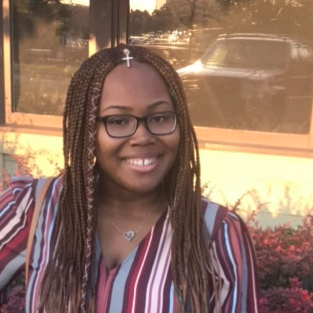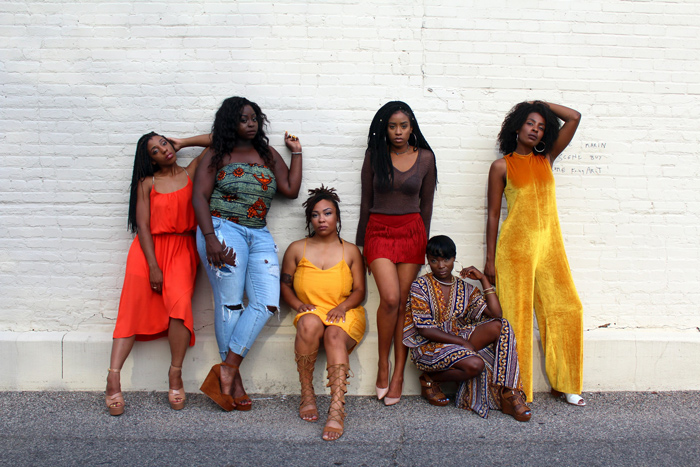Love Black Women’s Hair
by Kianna Goss
Black women’s use of hairstyles is a form of self-expression. Our hair shows who we are and the evolution of Black women’s culture. The breadth of Black hair culture ranges from fros to braids, natural curls to weaves, and more. Therefore, when Black women feel that their hair is not properly cared for, it takes away a part of their identity.
The cases of Black women’s hair being neglected in Hollywood is no secret, especially as many actresses have come forward in the media. On January 26, Insider did an interview with former Disney channel star Monique Coleman, where she opened up about her reasons for wearing headbands in the film High School Musical for the celebration of the movie’s 15th anniversary. Speaking about the Taylor McKessie character she portrayed, Coleman revealed: “But the truth is, that they had done my hair, and they had done it very poorly in the front.”
In 2017, actress Gabrielle Union wrote an essay for Glamour where she mentioned that when she first started in Hollywood, many hairstylists were not qualified to do her hair. This resulted in hair loss after being styled. After these experiences, she began to get her hair done somewhere else before coming on set.
In another example, Candice Patton—known for her famous role as Iris West on the television series The Flash—opened up about beauty representation at a SXSW panel in 2019. Patton mentioned that after being styled and having her makeup done, she did not feel beautiful because the stylist did not know how to work with her hair or skin.
Although more Black women are being cast in Hollywood productions, these hair styling issues persist. As a young woman of color, when we see other women of color, we want accurate beauty representations. When a Black actress is cast in a lead role, they often have straightened hair—but this does not represent Black women’s culture. The styling of a Black woman’s hair should make her feel powerful, not uncomfortable.
Felicia Leatherwood, a hair stylist for Issa Rae on the television show Insecure, has broken the barrier for Black women. In an interview with Nylon in 2020, Leatherwood mentions that she loves to represent the natural hair community. “The fact that I get to work on clients that absolutely love their natural hair and want to showcase that on the red carpet and on the big screen gives me so much joy,” she proclaims.
We as a society have to start breaking apart barriers. When we watch a show or movie with someone who looks like us and there is a false representation, we should call for action. Social media is a strong platform to use your voice against the neglect of Black women’s hair in Hollywood.
Black women need to be loved and protected, and that includes our hair. In a society that ignores the artistry of Black women’s hair, we need to love it—because it is beautiful.
About Kianna Goss

Kianna Goss is a junior at Bradley University, majoring in journalism with a double minor in sociology and advertising with public relations. Community involvement requires the use of one’s voice; in Goss’s case, her voice, which she expresses through writing, is one of the strongest platforms she has. Being a Black woman, Goss often writes to give a voice to the Black community. In doing so, she gains control over a media narrative that portrays the Black community in a negative way. As a writer who expresses herself through many different forms expressions, she has written poetry, blogs, newspaper articles, and opinion pieces. She is always looking for more opportunities to grow as a writer and personally. Goss is involved in many organizations at Bradley University. She is currently the marketing/ communications director for Bradley’s Communication Agency, a peer mentor for the Office of Diversity and Inclusion, a writer for the student newspaper The Bradley Scout, and a caller at the Bradley Fund. Being able to explore her creativity is what Goss loves most about Bradley. The Communications department is molding her into the journalist she aspire to be.

